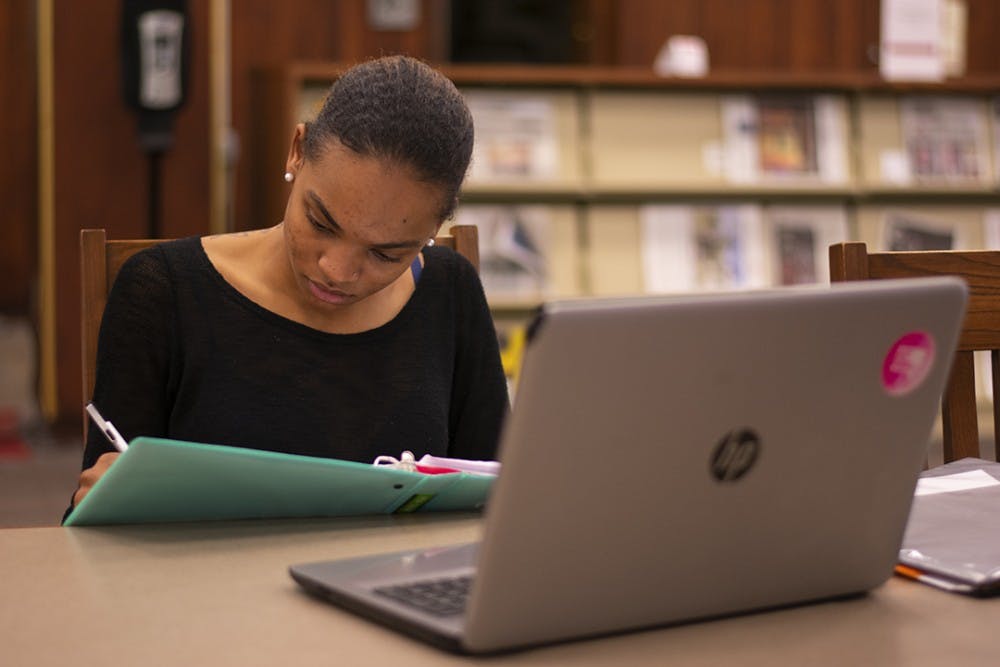Due to limited amounts of time and the tremendous amount of stress and pressure college students face in regard to maintaining good grades, more and more students seem to blindly memorize facts to pass tests instead of retaining the material in applicable ways.
Memorizing in this way does way more harm than good.
Memorizing just for the sake of memorizing is not learning at all. You might remember enough information to earn a good grade in the class, but once the course is over, you not only will have forgotten everything you supposedly “learned,” but you also will most likely end up landing in the same place you started: point zero.
A study done by CBS News in 2018 found that 45% of students showed “no significant improvement in key measures of critical thinking, complex reasoning and writing by the end of their sophomore years.” Even worse, in four years, 36% showed no major improvement at all.
Part of the problem is how the public education system is structured. Students now live in a culture of studying for the purpose of getting good grades when in reality they should be studying to understand what is being taught.
The pressures of preserving a high GPA could be a determining factor triggering countless students to focus more on their grades than their information retention in their courses.
Yes, GPA can be important. In certain highly competitive fields it may be used as a way of eliminating applicants, but according to U.S. News, many companies are more interested in seeing that applicants obtained a college degree. They know GPA is not always the most reflective aspect of success in a potential employee.
What matters more is what you learned from your degree, and how you can apply it in a job setting. If you don’t have some grip over the information you’ve learned, you won’t be adding anything to your knowledge. Those skills will not be usable later on, and putting all that effort and money into a degree will have been essentially worthless.
Students may also be more inclined to just memorize material if they have never learned how to properly study. Students need to learn how to learn. The best way to study to achieve long-term results is to participate in active learning and critical thinking.
Ways to help retain knowledge other than using short-term memorization is by periodically reflecting on what you’ve learned in class or readings, connecting big picture concepts to images to help visualize meanings, revisiting information to refresh understanding, writing summaries of the information and creating questions to later test yourself on.
Another recommended way to combat the forgetting curve, a mathematical curve that depicts the rate information is forgotten when it hasn’t been retained, is through prolonged reapplication. This method, called spaced out repetition, incorporates implementing intervals between study sessions to increase the rate of retention. Using this method, you could study for a shorter amount of time and still apprehend more.
Memorizing is a part of learning because committing information to memory is essential for mastering a subject, but it’s not the equivalent of learning and students need to remain aware of that in order to gain the most out of their education.

